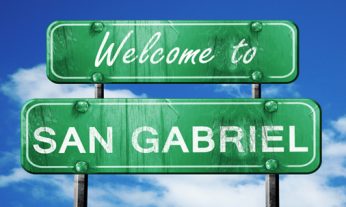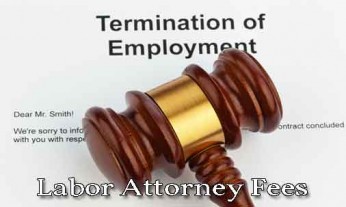 When fellow police officers made fun of Asian accents and disparaged the Asian culture and community, five law enforcement officers of Asian descent finally had enough. The offended officers, a group of current and former employees of the San Gabriel Police Department, (SGPD) filed a lawsuit against the department. If you are facing a similar dilemma, you deserve strong legal counsel.
When fellow police officers made fun of Asian accents and disparaged the Asian culture and community, five law enforcement officers of Asian descent finally had enough. The offended officers, a group of current and former employees of the San Gabriel Police Department, (SGPD) filed a lawsuit against the department. If you are facing a similar dilemma, you deserve strong legal counsel.
Asian Descent – Specific Claims
According to the suit, the discrimination and harassment had been going on for decades, and individuals of Asian descent felt intimidated and unable to report the problem. When two individuals did stand up for themselves, they allegedly experienced retaliation and were rebuffed when they applied for various job assignments. Because the department did not satisfactorily deal with this culture of harassment, a lawsuit became the only way to seek redress.
According to the plaintiffs, inappropriate and, indeed, illegal discrimination and harassment was a daily part of the job. Included in the list of offenses:
- Joking about physical features of Asian people;
- Using racial slurs;
- Making fun of Asian accents;
- Making flippant remarks related to Asian stereotypes regarding intellect;
Not only did the rank and file participate in this harassment; managers were regular offenders, as well. Furthermore, Asian officers state that their work was scrutinized more closely than their colleagues, and they received harsher disciplinary action than non-Asian peers for similar infractions. This is particularly disturbing considering the fact that the SGPD serves a primarily Asian community; where over 60% of the population is of Asian descent. (The department reports that only 14% of its full-time officers are of Asian descent).
The Roots of Discrimination Towards Those of Asian Descent
Researchers connect discriminatory behavior with perceptions of threats to economic well-being and security. Beyond those kinds of deep-seated fears, media portrayals of Asian Americans are frequently far from favorable, making Asian men appear to be submissive, and even docile. Asian stereotypes are reinforced, and their human emotion and values are disregarded. Experts link these attitudes to discrimination for Asians in this country, pointing to the fact that Asian Americans have been the target of a rising number of hate crimes in recent years.
Federal Law
The Civil Rights Act of 1964 specifically prohibits discrimination in the workplace on the basis of race or ethnic origin. In the case of the San Gabriel Police Department, the implications go beyond the impacts of discrimination on employees. Some wonder at the impact of such attitudes on the community at large. Surely, it is not inconceivable that problems go far beyond employment issues in this case. [Read more…]


